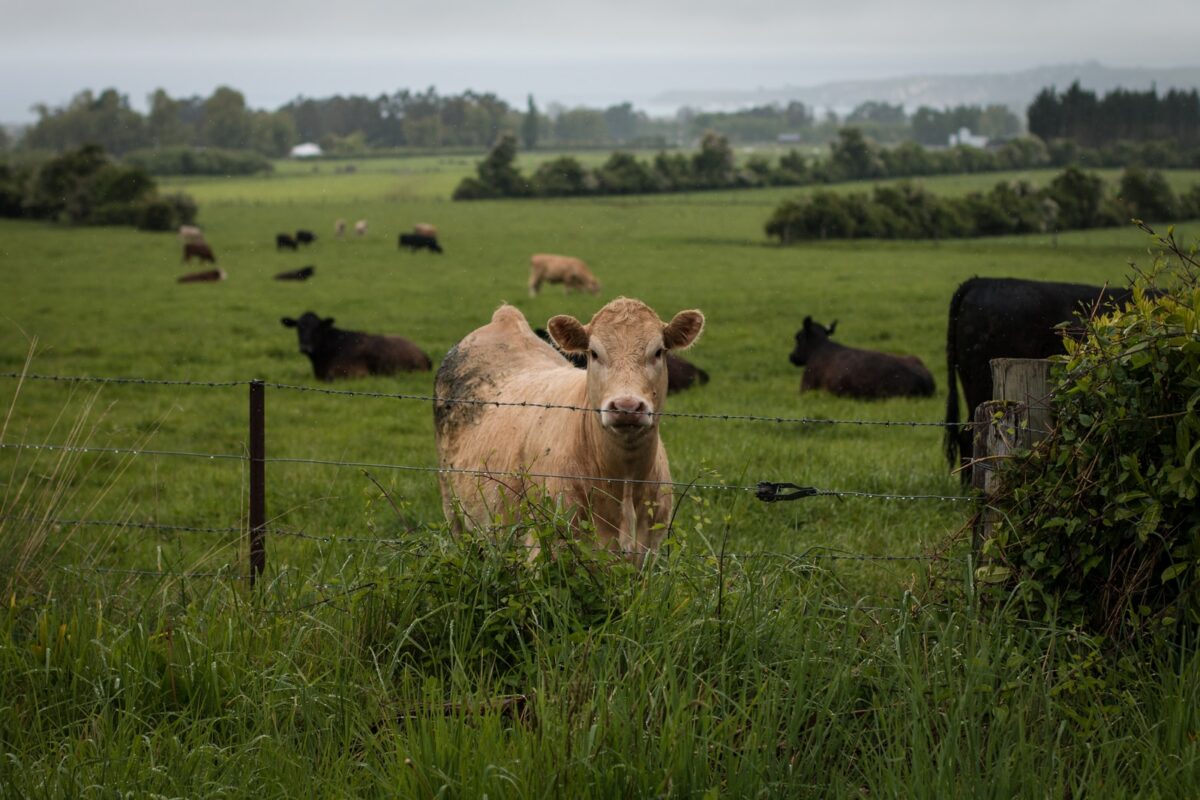Stuart Smith
National MP
Kaikoura
The prime minister is delivering on her ambition to lead the world in pricing agricultural emissions by announcing the Government’s proposal to levy farmers for their emissions.
It is ironic that the one thing she may deliver on will put us in breach of Article 2.1b of the United Nations Paris Agreement: that food production must not be threatened.
The Paris Agreement took effect in New Zealand in 2020 when food security was a third-world issue; today, however, it is much more widespread and therefore, even more important today than it was in 2020.
The Government estimates that their proposal will lead to almost 20 per cent of sheep and beef farmers being forced to leave farming. A clear threat to food production.
Sheep and beef farmers currently generate around $9,000 for every man, woman and child in New Zealand, but it is likely that some of that production will go on to be taken up overseas, where farming practices are less efficient and emissions per unit of production will be higher, thereby increasing global emissions.
That raises the question; does the prime minister care about reducing emissions to address climate change, or does she want to reduce New Zealand’s emissions regardless of whether that reduction leads to an increase in global emissions? I suspect it is the latter.
The proposal does not allow farmers to offset their emissions and claim credit for their on-farm plantings, such as shelter belts and riparian plantings, because it is difficult to accurately measure how much carbon they capture.
Yet the Government plans to impose a methane emissions levy on farmers based on an estimate of per-animal emissions, which are also difficult to accurately measure. How is that fair?
When the National Party supported the so-called Zero Carbon legislation, we did so with a clear undertaking that we in government would take the following approach: a science-based approach; a focus on innovation and technology (rather than reducing consumption); long-term signals to the economy; New Zealand to act with international partners – not in isolation; [to] consider and manage wider economic impacts. Clearly, the Labour Government’s proposal does not align with at least the last two points, and we will all pay the price for this.
National takes a more rational approach. Yes, we must reduce our emissions; however, moving in isolation ahead of our trading partners will not reduce emissions to the atmosphere. Rather they will likely increase them as production shifts elsewhere to less efficient producers, not to mention decimating one of our major export sectors and impoverishing us all.
We simply should not let the prime minister’s personal ambition of leading the world in climate change compromise our best interests.

